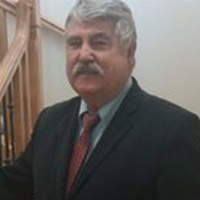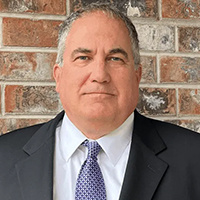Heber City DUI-DWI Lawyer, Utah
Sponsored Law Firm
-
 x
x

Click For More Info:
-
Hepworth & Associates
Serving all of Utah » view mapUtah Criminal Lawyers Things Get Better From Here
Providing professional and compassionate representation in various criminal cases. Hepworth & Associates are tough, strong and fair attorneys.
800-625-0860  Michael Hepworth Bountiful, UT
Michael Hepworth Bountiful, UTAttorney At Law - Utah
Sturm College of Law, J.D. - 2014
 Tyler Call Bountiful, UT
Tyler Call Bountiful, UTAttorney At Law - UT, 2015
U of Oregon, J.D. - 2014
 M. Tanner Clagett Bountiful, UT
M. Tanner Clagett Bountiful, UTAttorney At Law - UT, 2016
U of Denver, J.D. - 2014
HOLLAND Kent Holland Law
✓ VERIFIEDI represent personal injury cases throughout the Wasatch Front. If you have been in an accident and suffered a debilitating injury, or your insurance ... (more)
Dave Clark
✓ VERIFIEDI went to law school just to be a criminal lawyer. I served as a prosecutor for almost 30 years, but defense law was always my true passion. I'm a nat... (more)
John K Johnson
✓ VERIFIEDJohn K Johnson is a practicing lawyer in the state of Utah handling criminal defense matters.
FREE CONSULTATION
CONTACTFREE CONSULTATION
CONTACTFREE CONSULTATION
CONTACTFREE CONSULTATION
CONTACTFREE CONSULTATION
CONTACTFREE CONSULTATION
CONTACT
 Michael Hepworth Bountiful, UT
Michael Hepworth Bountiful, UT




